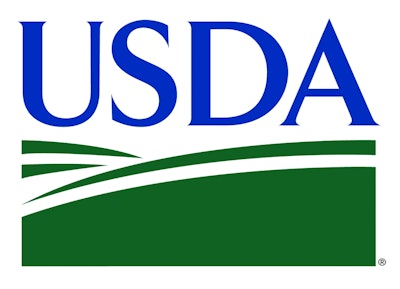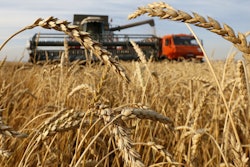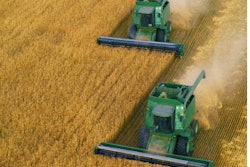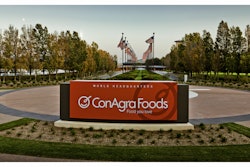
Climate change is likely to impede progress on reducing undernourishment around the world in the decades ahead, according to a major scientific assessment released today by the U.S. Department of Agriculture (USDA) on global food security and its implications for the U.S. The report, entitled Climate Change, Global Food Security and the U.S. Food System, identifies the risks that climate change poses to global food security and the challenges facing farmers and consumers in adapting to changing climate conditions. Secretary Vilsack released the report during the COP-21 Paris Climate Conference.
In the absence of response measures, climate change is likely to diminish continued progress on global food security through production disruption that lead to constraints on local availability and price increases, interrupted transport conduits, and diminished food safety, among other causes. The risks are greatest for the global poor and in tropical regions.
President Obama has pledged to reduce U.S. greenhouse gas emissions in the range of 26-28 percent below 2005 levels by 2025. U.S. agriculture is helping meet this goal, and American farmers, ranchers and foresters have demonstrated their leadership in recognition that their contributions send a strong message to the rest of the world.
"The past six years have been a success story in terms of global food security. Two hundred million fewer people are food insecure today than they were six years ago. The challenge we now face is whether we can maintain and even accelerate this progress despite the threats from climate change," said Agriculture Secretary Tom Vilsack. "The report we are releasing today highlights these challenges and offers pathways to avoid the most damaging effects of climate change."
"The report found that climate change is likely to cause disruptions in food production and a decrease in food safety, which in turn leads to local availability limitations and increases in food prices, with these risks greatest for the global poor and in tropical regions," said Dr. John Holdren, assistant to the president of science and technology and director of the White House Office of Science and Technology Policy. "Accurately identifying needs and vulnerabilities, and effectively targeting adaptive practices and technologies across the full scope of the food system, are central to improving global food security in a changing climate."
Food systems in the U.S. benefit from a large area of arable land, high agricultural yields, vast integrated transportation systems, and a high level of overall economic development. However, changes in climate are expected to affect U.S. consumers and producers by altering the type and price of food imports from other regions of the world, as well as by changing export demand, and transportation, processing, storage, infrastructure that enable global trade.

















